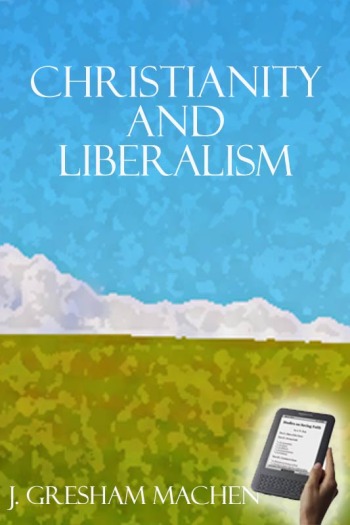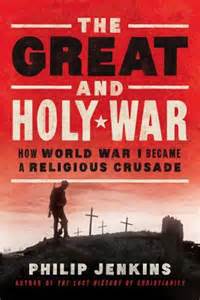
Here is a complete list of lectures on "The Great War" and the topics covered in each of them. The handouts, including a bibliography, can be found below
____________________________
Lecture One: "Why Study a War Fought One Hundred Years Ago?"
There are seven broad-ranging geopolitical implications which comprise the legacy of the Great War:
1). The Great War marks the dawn of the modern world
2). The Great War shook the very foundation of Europe and Western Civilization
3). The Great War leads to a sequel (WW2)
4). The Great War gives rise to the Arab-Israeli conflict
5). The Great War sets the stage for the rise of ISIS and transnational terrorism
6). The Great War gave rise to the Soviet Union and international Communism
7). The Great War gave rise to America as the world’s foremost super-power
The Great War: Lecture One
__________________________
Lecture Two: "Who Started It, and Why?"
Why did "Christian" Europe self-destruct?
1). What are the causes of the Great War?
2). What is just war theory, and how should it have been applied by the participants?
3). How did Christian progressives and fundamentalists view the Great War?
The Great War: Lecture Two
_______________________
Lecture Three: "The Cessation of Hostilities"
Did the "Great War" really end? Or was there merely a temporary cessation of hostilities?
1). The Treaty of Versailles (1919)
2). The Balfour Declaration (1917)
The Great War: Lecture Three
______________________
Lecture Four: "One Hundred Years Later"
The scars from the Great War are deep and permanent
1). The geopolitical, theological, and philosophical scars of the Great War
2). The rise of ISIS
The Great War: Lecture Four
_______________________
Handouts
 Friday, May 29, 2015 at 09:02AM
Friday, May 29, 2015 at 09:02AM  John Hendryx at Monergism.com is making available a free eBook edition of J. Gresham Machen's classic text Christianity and Liberalism.
John Hendryx at Monergism.com is making available a free eBook edition of J. Gresham Machen's classic text Christianity and Liberalism.











